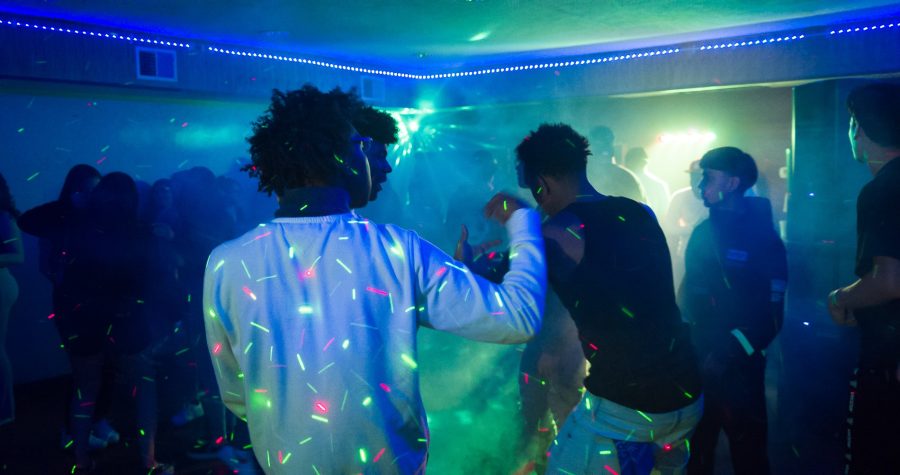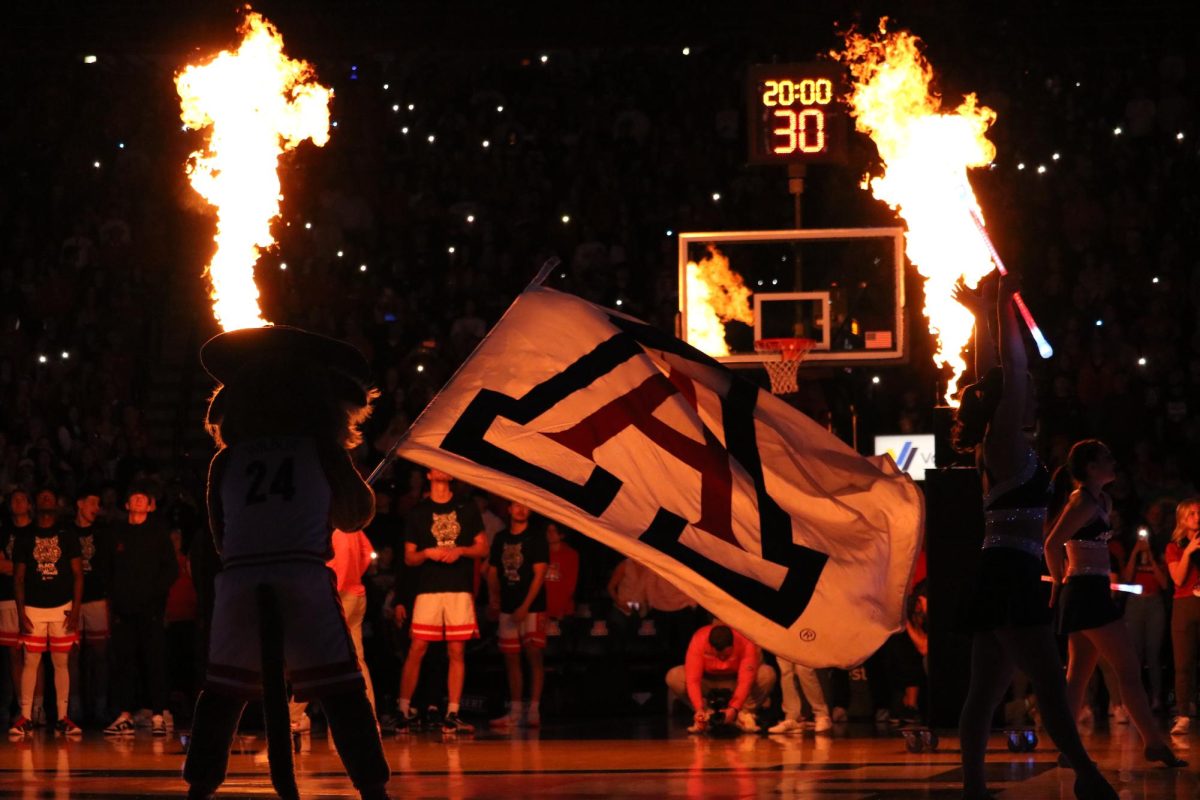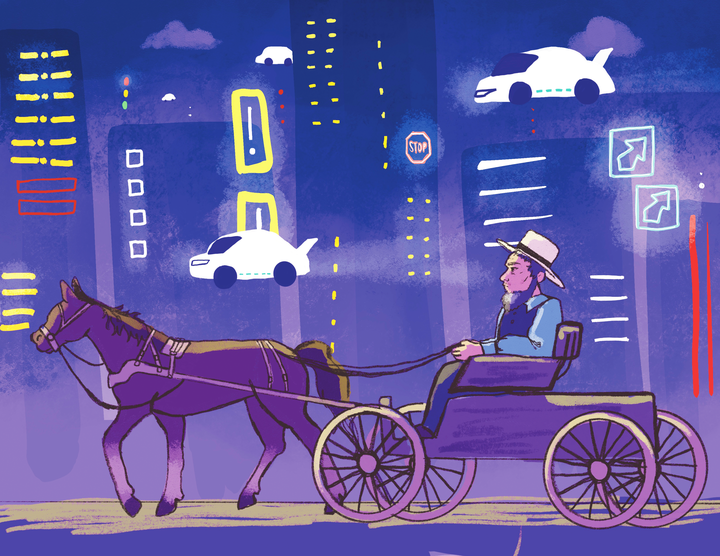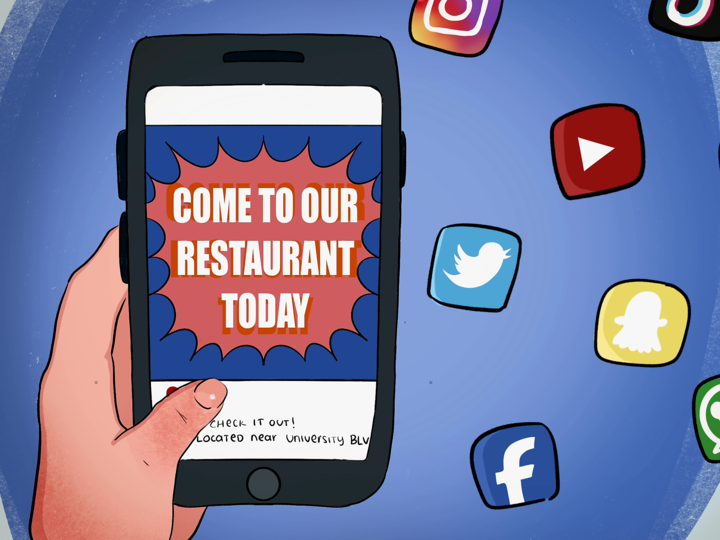It feels like yesterday we all sat at our TV screens in disbelief as COVID-19 first began its tear through our lives. I was a junior in high school at the time and can remember my exact thoughts as the chaos ensued: “Are they going to cancel my junior prom?”
As trivial and ridiculous as it seems now, my 16-year-old self could not fathom a world without school dances, concerts or seeing friends. After almost two years, three vaccinations and what feels like a million masks later, I reflect on the pre-pandemic version of myself with sympathy. She had no idea what was coming. None of us did.
COVID-19 is a terrifying disease, and none of us have emerged unaffected by the last two years. We all had something taken from us. Some, like myself, are lucky enough to come out relatively unscathed. Sure, some of us may have missed our entire senior year, or maybe had the weirdest, most isolating year of college ever, but were able to navigate through the uncertain times without losing anyone we loved.
Many Americans — many students — cannot say the same.
The New York Times reported 978,500 total COVID-19 deaths in America, leaving hundreds of thousands of children without their caregivers and families without their loved ones. If you can check box A, having only missed out on parties and hanging with your friends, you should feel lucky.
Even so, there have been positive developments within the past few months. As I write this, we’re staring down the two-year anniversary of COVID-19 lockdowns throughout the U.S., and COVID-19 cases and deaths are falling rapidly. Pima County dropped its mask requirements by February 28 – a date that came faster than expected. Now, even more COVID-19-cautious states — like my home state, Illinois — are electing to abandon pandemic-era safety requirements. We’re not out of the woods yet, but we’re getting closer to a post-pandemic future. That’s especially true for people who have done their part to help by getting vaccinated.
Still, being at a college with such an intense party culture, I’m sure we have all heard these phrases since the pandemic began: “In the middle of a pandemic, really?” or “Stay home!” After two years, and given the fact that COVID-19 really does seem to be in retreat, according to public health authorities like the Centers for Disease Control and Prevention, these guilt trips are unfair to the students who have done their part and gotten vaccinated. The University of Arizona reports 242,960 vaccinations from April 2021 to June 2021 alone. Not only is shaming these COVID-conscious students for going out unfair, it’s harmful.
According to Catholic University of Milan psychology professor Cesare Cavalera, guilt can be counterproductive to positive social change.
“Guilt become maladaptive to health when individuals develop an exaggerated sense of responsibility for events that occur out of their control,” Cavalera wrote in a November 2020 article.
When a student has been vaccinated and or received their booster shot, they should be able to socialize freely without fear of shame or judgment.
In fact, that lack of shame is crucial for addressing an ever-growing mental health crisis in our country. COVID-19 has been disastrous for mental health in the United States, especially for young people. According to a recent New York Times article, national data collected by the Center for Collegiate Mental Health at Penn State shows that loneliness and isolation are among the top concerns of college students who have sought counseling during the pandemic. For many students, going to parties and engaging in social activities helps bolster their mental health.
“[COVID-19] impacted my mental health so much. I was just sitting in my room and being alone all the time,” said Natalie Zabielski, a vaccinated freshman. “Just the vaccine itself and the ability to go out right now is just really helpful and my mental health has definitely improved.”
Of course, some students — like those who are immunocompromised — remain more at-risk for COVID-19, even as the threat to the health of the general populace decreases. But, that’s a decision that should be left to the individual. When asked whether she would feel comfortable going to a party, immunocompromised freshman Sofija Mladjenovic gave her take.
“I mean yeah, why not? Like I said, we’ve all been through so much. Going to a party is kind of normal now,” Mladjenovic said. “Whether you’re vaccinated or not, you’re going to a party where someone could have COVID-19. You’re doing it at your own risk, you don’t really know what’s going to happen.”
The uncertainty of partying post-pandemic is undeniable, but here’s what I do know. We’ve all sacrificed a great deal over the past few years, and some – such as those who have lost their lives or the lives of family members – have suffered more immensely than any of us can imagine. Now more than ever, we should be kind and gentle to ourselves. We are all picking up the pieces of normalcy again.
Follow Olivia Krupp on Twitter

Olivia is a freshman who has yet to declare her major. She enjoys reading, foreign films, and poetry in her free time









